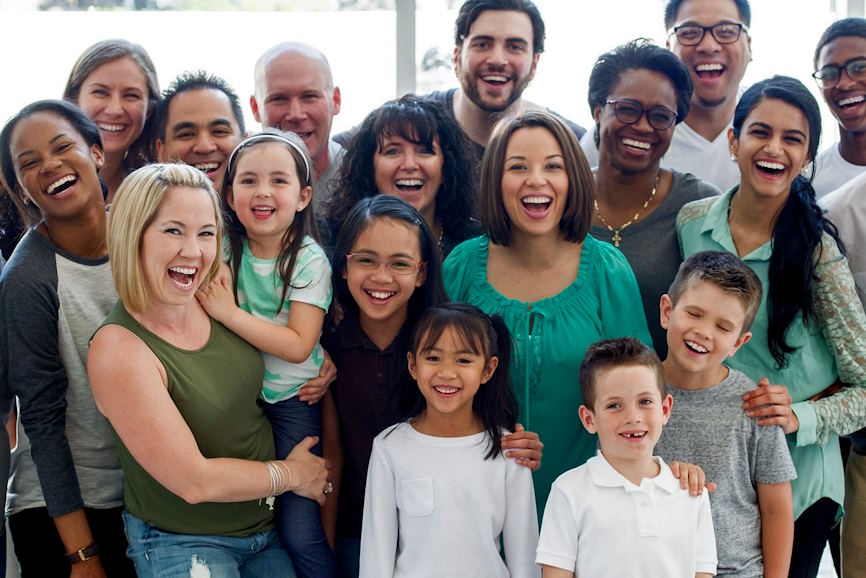Understanding and Addressing Generational Differences in Family Values

Family values, the fundamental principles and beliefs that shape our familial relationships, have always been subject to change. However, in recent times, the rate of change has accelerated, leading to increasingly distinct generational differences in family values. As societies evolve, historical events, technological advancements, and cultural shifts play pivotal roles in molding the values and expectations of each generation. Understanding these differences is crucial for fostering healthy family dynamics and creating strong intergenerational bonds.
Generational Diversity in Family Structures
Traditional nuclear families vs. modern family structures:
In the not-so-distant past, the traditional nuclear family, consisting of a married heterosexual couple and their biological children, was the prevailing model of family structure. However, as time progressed, societal norms shifted, leading to the emergence of modern family structures. Today, families come in various shapes and sizes, reflecting the diversity of our contemporary world. Cohabiting couples, blended families, and multigenerational households have become increasingly common. These changes in family composition bring forth unique dynamics and challenges, but they also offer opportunities for greater support and companionship.
The rise of single-parent families and its implications:
The rise of single-parent families represents one of the most significant shifts in family structures. Whether due to divorce, separation, or choice, single parents face distinct challenges as they navigate the responsibilities of both parenting and providing. These families often demonstrate incredible resilience and strength, but they may also encounter financial hardships and emotional strains. Support networks and community resources play a vital role in helping single parents maintain a stable and nurturing environment for their children.

Challenges in Addressing Generational Differences
Overcoming stereotypes and prejudices:
One of the most significant challenges in addressing generational differences is breaking free from the grip of stereotypes and prejudices. Each generation is often associated with certain assumptions and preconceived notions, which can hinder effective communication and understanding. Baby boomers might be labeled as resistant to change, millennials as entitled, and Gen Z as overly dependent on technology. Such generalizations overlook the unique qualities and experiences that shape individuals within each generation. To overcome these biases, we must engage in open dialogue and recognize the diversity of perspectives within each age group. By celebrating the strengths of different generations and acknowledging their contributions, we can move past stereotypes and build meaningful connections.
Navigating conflicts and finding common ground:
Generational differences can lead to conflicts arising from contrasting values, beliefs, and communication styles. These conflicts may emerge in various settings, from family gatherings to workplaces. The key to addressing such conflicts lies in finding common ground and focusing on shared goals. Instead of fixating on differences, we can look for areas of agreement and mutual understanding. Engaging in constructive conversations that foster respect and active listening can lead to the discovery of common values that transcend generational boundaries. By appreciating diverse perspectives and seeking compromises, we can create a more harmonious and collaborative environment for all generations.

Building Bridges Across Generations
Promoting intergenerational activities and bonding:
One of the most effective ways to foster connections between different generations is through intergenerational activities and bonding. By creating opportunities for seniors, adults, and youth to interact and engage in shared experiences, we break down barriers and build understanding. Activities such as volunteering together, participating in workshops, or even enjoying hobbies as a group can create a sense of unity and camaraderie. These interactions allow each generation to appreciate the unique strengths and perspectives of others, leading to valuable learning experiences and lasting friendships.
Sharing family histories and traditions to create connections:
Passing down family histories and traditions is a beautiful way to connect generations and strengthen their bonds. Older family members can share stories from their past, imparting wisdom and insights gained from their life experiences. Younger generations, in turn, can share their aspirations and dreams for the future, creating a sense of continuity and belonging within the family. By cherishing and preserving these shared narratives, families create a legacy that unites them across time and generations.































